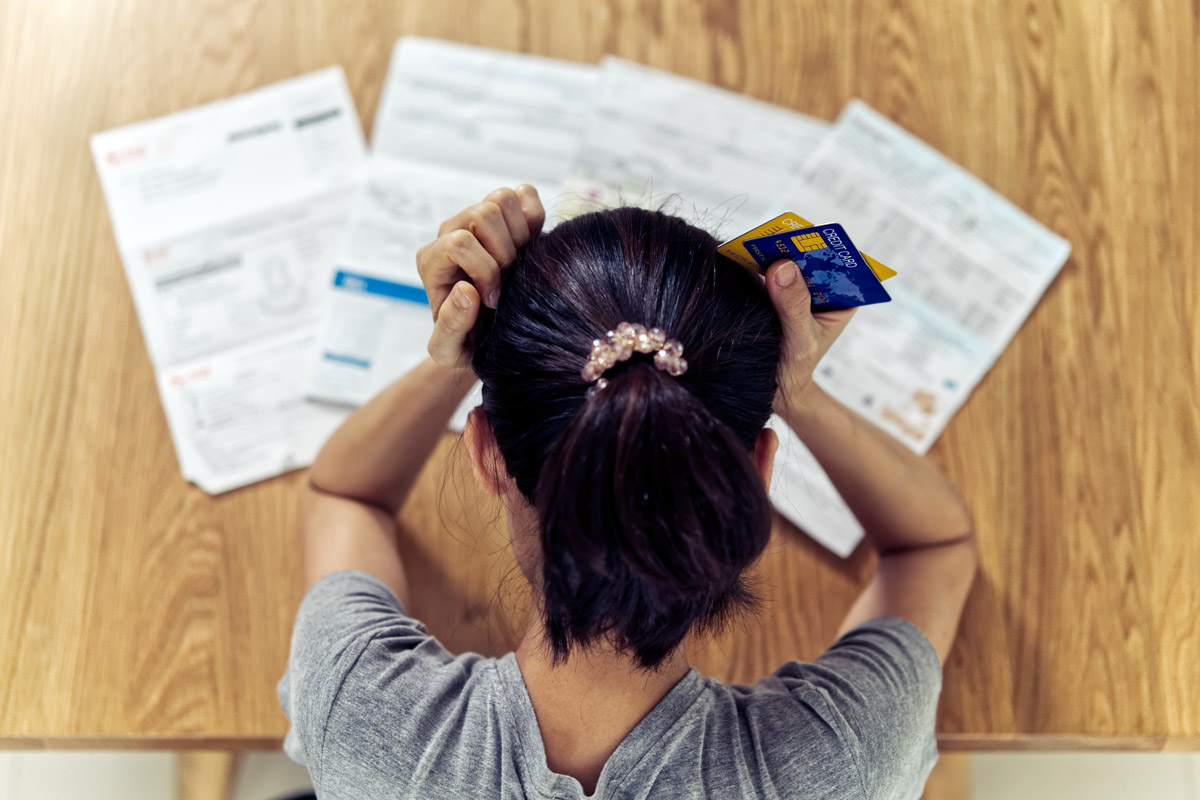Consumer protection laws exist to ensure that businesses are held accountable for deceptive practices and fraud. For example, “bait and switch” tactics, warranty misrepresentation, and identity theft. Consumer rights law also protects individuals who are harassed and threatened with collection calls. If you’ve been taken advantage of, exploited, misled, deceived by a product, corporation, or service provider, you may have a consumer litigation case. Keep reading to learn more about consumer rights and how you’re protected.
Common Types of Consumer Fraud
Breaches of consumer trust can include various scenarios and behaviors including:
- Credit card fraud
- Identity theft
- Insurance fraud
- Violations of internet privacy
- Investor fraud
- Mortgage foreclosure scams
- Contractor fraud
- Failure to honor warranties and returns
By no means is this a complete list. It also doesn’t reflect the range of consequences that can result from unfair business practices.
Who can start a consumer fraud act claim?
Consumers who believe they’ve been defrauded or purposefully deceived can file a lawsuit against the merchant responsible.
Consumer Protection Lawyer in Oregon
People who’ve been a victim of consumer fraud can lose hundreds, thousands, or even their entire life savings. If you believe you were victimized by a dishonest company but can’t quite put your finger on how they violated the law, contact OlsenDaines or call 503-222-2000 to talk with a consumer law attorney in Oregon and Washington. We handle all types of consumer fraud. We’ll explain your legal options clearly and honestly at your free consultation.










